What is the best place to exchange currency?
Going abroad and in need of foreign currency? In this article, we'll explore where to exchange currency - from good deals to the places you should avoid.

Weary holidaymakers face more than queues and security checks at airports – unsuspecting travellers are routinely fleeced before they fly.
Written by Emma Lunn, a journalist, personal finance expert and seasoned traveler who hails originally from London. Emma writes regularly for publications including The Guardian, The Daily Telegraph, The Mail on Sunday, Moneyweek and Moneywise.
Passengers can expect to pay over the odds for just about everything at the airport and a couple of hours in the departures lounge can cost you dear if you don’t plan ahead.
We’ve looked at five airport rip-offs – and how to avoid them.
Airport travel
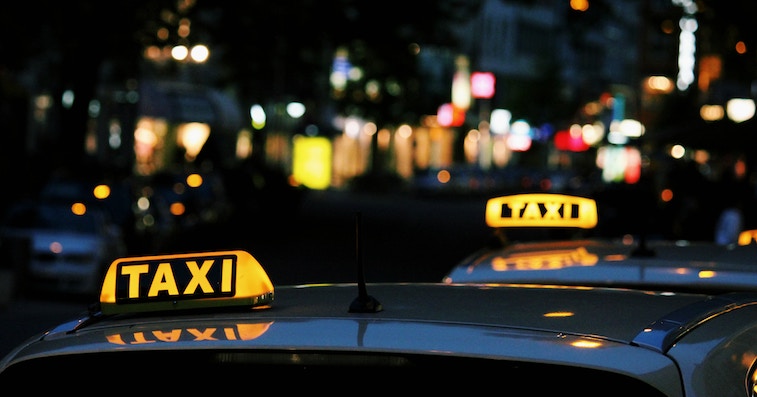
While seasoned travellers will spend hours researching flights to get the cheapest airfares, many pay more than necessary to get to and from the airport.
The best way to travel will depend on how many people are in your party – it’s rarely worth a solo traveller paying for petrol and airport parking but this may be the best option for a family.
But turning up at an airport car park unannounced can be pricey – booking ahead will save you up to 60%. The best deals are normally found on third party websites such as Holiday Extras and Travelsupermarket.
Taking the train might be cheaper if you’re travelling alone. In London, Heathrow Express tickets cost up to £27 if you pay onboard the train but just £5.50 if you travel on a weekend and book 90 days ahead.
Once you’ve landed at your destination, jumping in a cab might be the easy option but catching a bus can save you a packet. For example, a taxi from Barcelona airport to the city centre costs about €35 while a single ticket on the Aerobus express is just €5.90.
Travel-sized toiletries
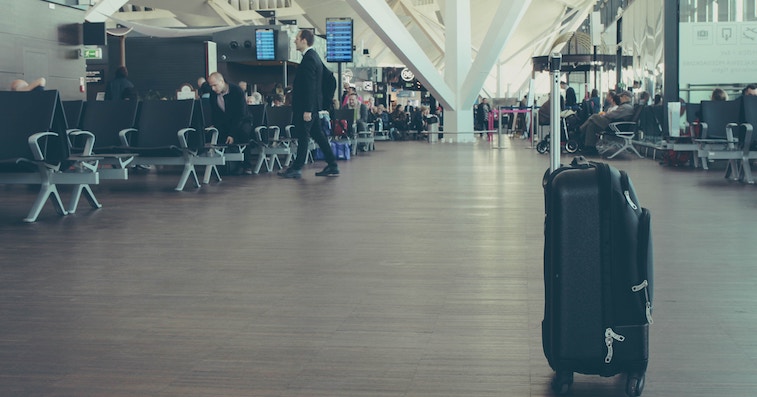
It’s been more than a decade since the rules about carrying liquids on flights changed literally overnight.
August 2006 saw strict security rules introduced limiting liquids in hand luggage to quantities of 100ml or less. The new regime led to a boom in “travel-sized” toiletries being sold in airport shops.
But the cost of buying shampoo, shower gel, etc, in small quantities will make your eyes water more than getting these products in your eyes. For example, US chain Walmart sells 3 fluid ounce (30ml) of Dove shampoo for US$1.47; so $0.49 for 10ml. A 43 fluid ounce bottle of the same shampoo costs US$15.99, meaning 10ml costs less than $0.13. That's nearly 4 times less.
To save cash, buy large bottles of lotions and potions and decant what you need before you set off.
Uncompetitive foreign exchange rates
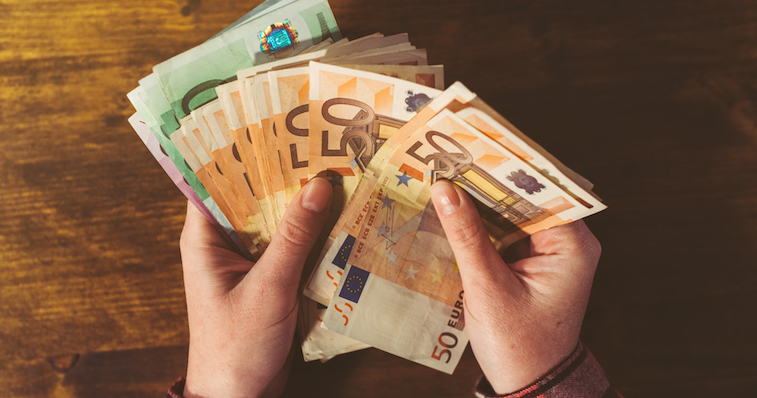
Want to know the worst place to buy your foreign currency? The airport, of course.
Foreign exchange bureaux in departures have a captive audience and they know it. As a result, airside currency exchange bureaus offer the least bang for your buck.
Brits alone spend over £1bn in exchange rate costs on holiday money – a large chunk of that due to the extortionate costs of swapping currency at the airport. You could end up losing well over 10% of your money if you swap it at the airport, despite those confusing 'no fee' signs.
Don’t be fooled by “zero commission” deals either – you’ll still be ripped off by unfavourable rates. To save money, organise your holiday money well before you get to the airport.
If you have a bank account in the country you're heading to, you can even use Wise to send money there and withdraw locally to avoid getting stung by those exchange fees. Or, if you don't have a bank account, why not send to a local friend's account and use them as an ATM?
Exceeding the baggage limit

Spotted a bargain flight? If you have, double check the baggage limits.
Many of the cheapest flights don’t include checked-in baggage at all, while others have limits of anything from 20kg to 35kg for checked-in bags. Hand luggage allowances range from 7kg to 23kg.
People are caught out due to the huge variation between carriers and ticket types regarding the number, weight and dimensions of bags.
Take Singapore-based long-haul budget airline Scoot, for example. It’s cheapest “Fly” fares don’t include checked in luggage and just 10kg of hand luggage. Its “FlyBag” and “FlyBagEat” fares include 20kg of checked-in luggage. Excess baggage costs SGD20 to SGD25 (£11 to £14) per kilogram. Emirates charges even more – it asks for £117 for each 5kgs on top of your allowance.
Buying food and drink

Budget airlines and economy fares generally don’t include in-flight refreshments – you’ll need to take your own.
But buying these at the airport can eat into your budget as airside cafes and restaurants often cost more than their high street equivalents.
Your best bet for a cheap feed is to bring sandwiches and snacks from home for your flight, although this might not be practical for long haul flights or inbound journeys.
It might be worthwhile for frequent fliers to buy annual membership of an airport lounge scheme. Schemes with access to more than one lounge brand tend to offer better value. One of the most popular schemes is Priority Pass. Its standard plus membership costs £159 a year and includes 10 lounge visits. Most lounges offer a buffet, meaning you can eat as much as you can manage before boarding your flight.
Send money internationally for less
Sending money to other countries often comes with high fees, especially if you use your bank.
One way to circumvent this is by using Wise. It’s quick to set up, the transfer is typically complete in a fraction of the time it takes with a bank, and it’s much cheaper.
Sign up for your free account and see how much you could save.
*Please see terms of use and product availability for your region or visit Wise fees and pricing for the most up to date pricing and fee information.
This publication is provided for general information purposes and does not constitute legal, tax or other professional advice from Wise Payments Limited or its subsidiaries and its affiliates, and it is not intended as a substitute for obtaining advice from a financial advisor or any other professional.
We make no representations, warranties or guarantees, whether expressed or implied, that the content in the publication is accurate, complete or up to date.
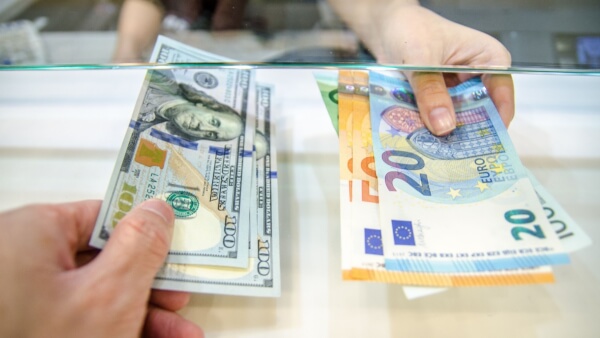
Going abroad and in need of foreign currency? In this article, we'll explore where to exchange currency - from good deals to the places you should avoid.
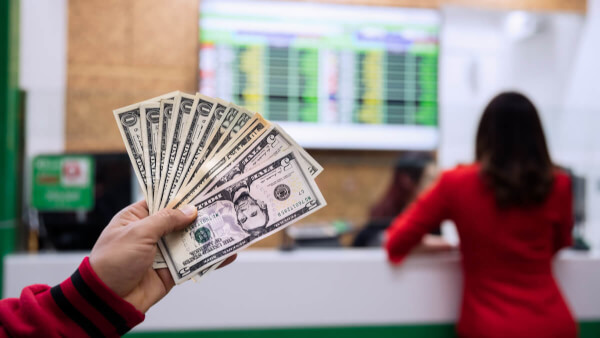
You're all set for your trip abroad, and the question comes up: where can I exchange foreign currency? In this article, we'll go through all the options & tips.
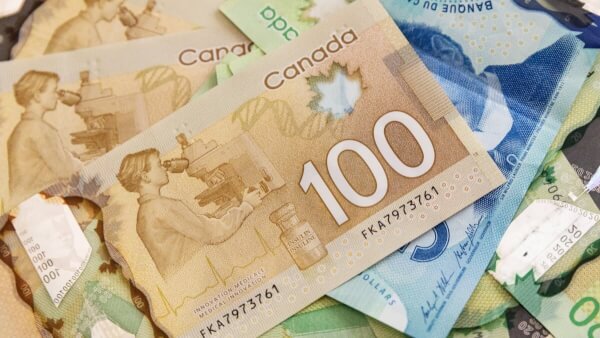
Heading abroad? Here’s everything you need to know about ordering Canadian dollars in the US.
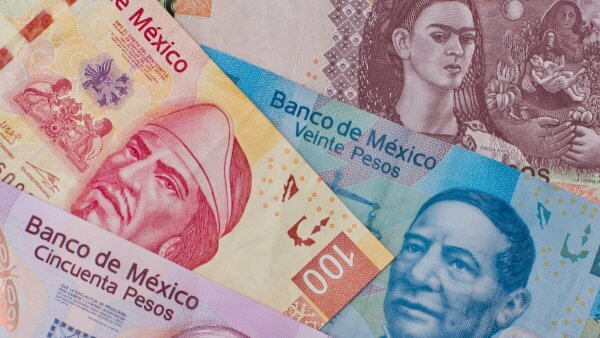
Heading abroad? Here’s everything you need to know about ordering pesos with Chase bank.
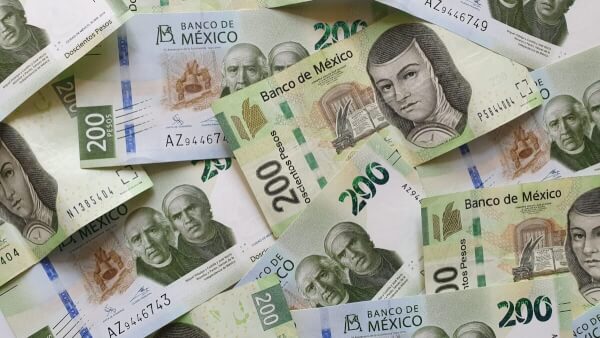
Heading abroad? Here’s everything you need to know about ordering pesos with Wells Fargo.
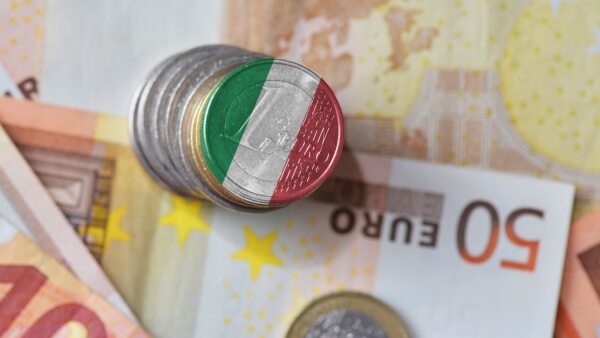
Heading abroad? Here’s everything you need to know about ordering euros with Bank of America.